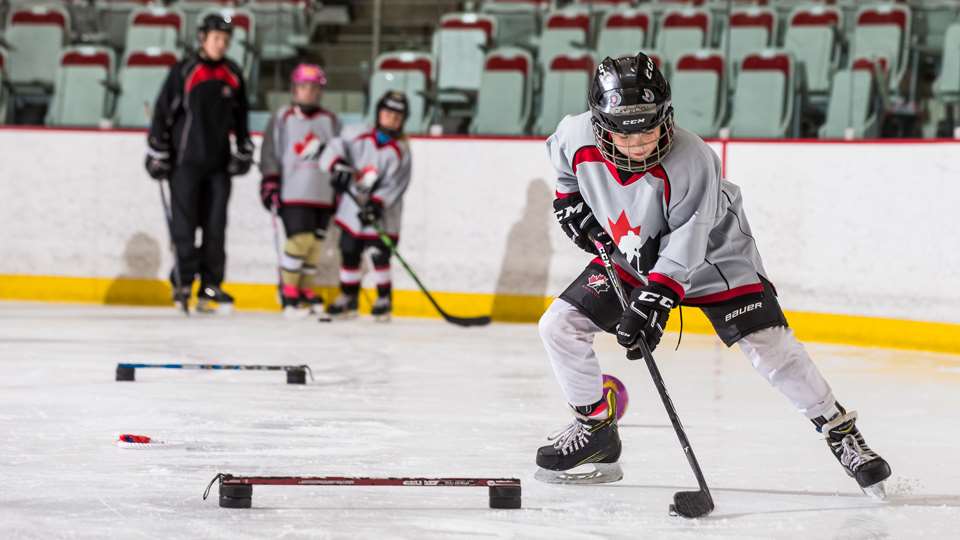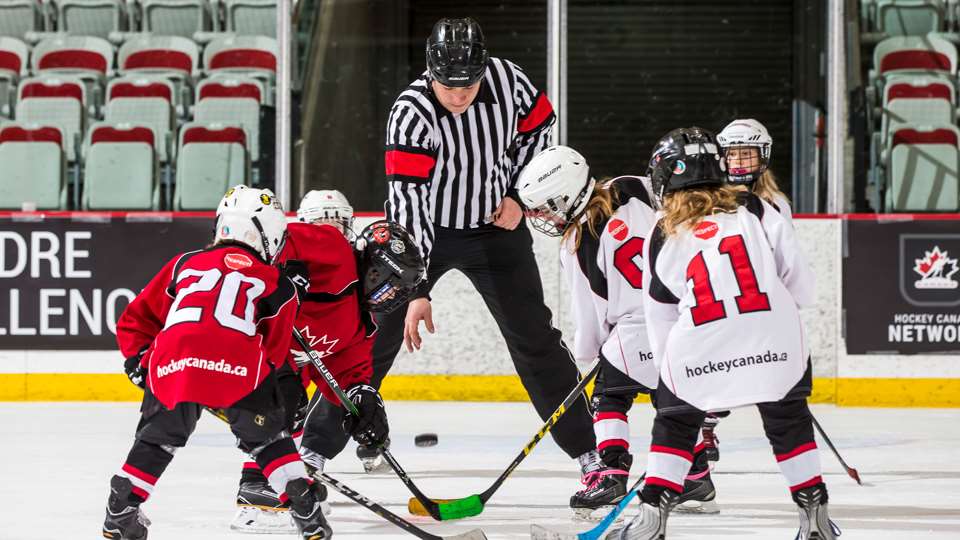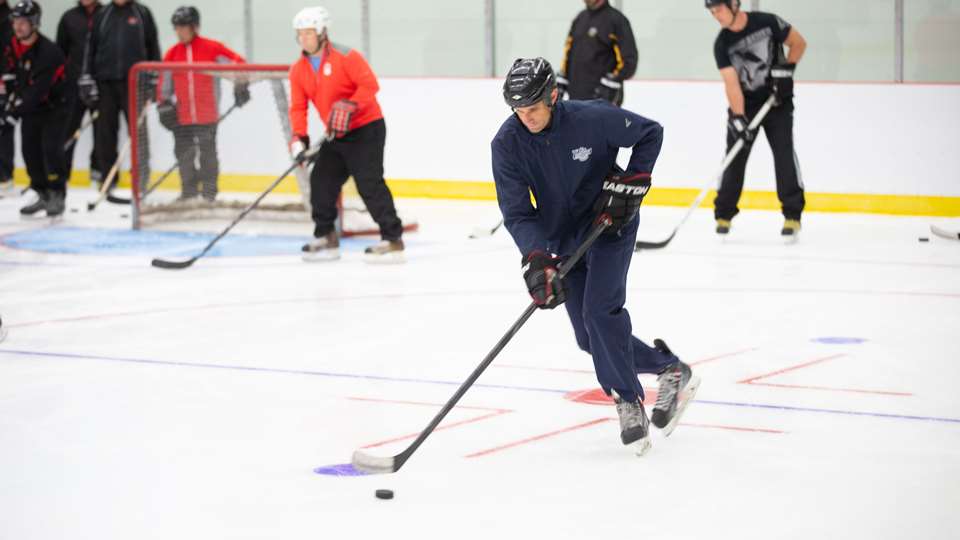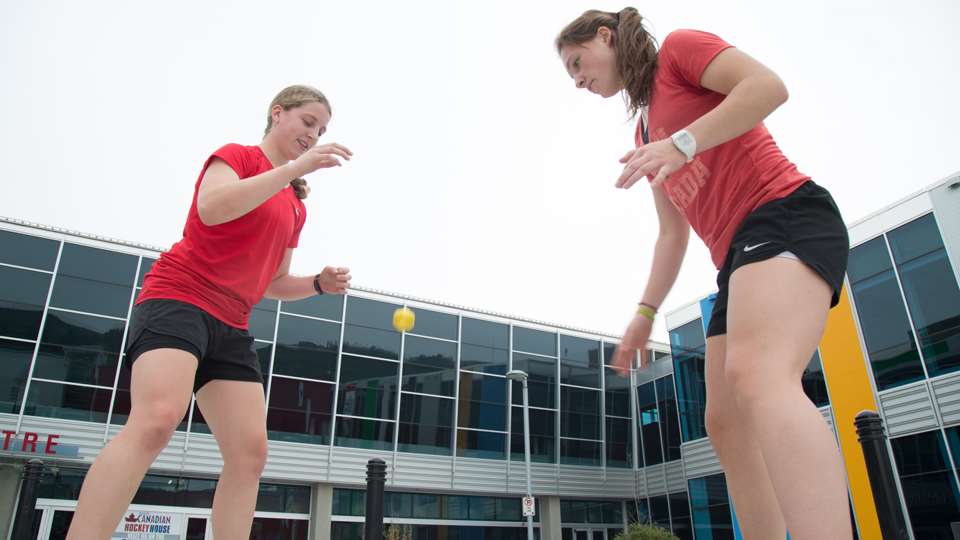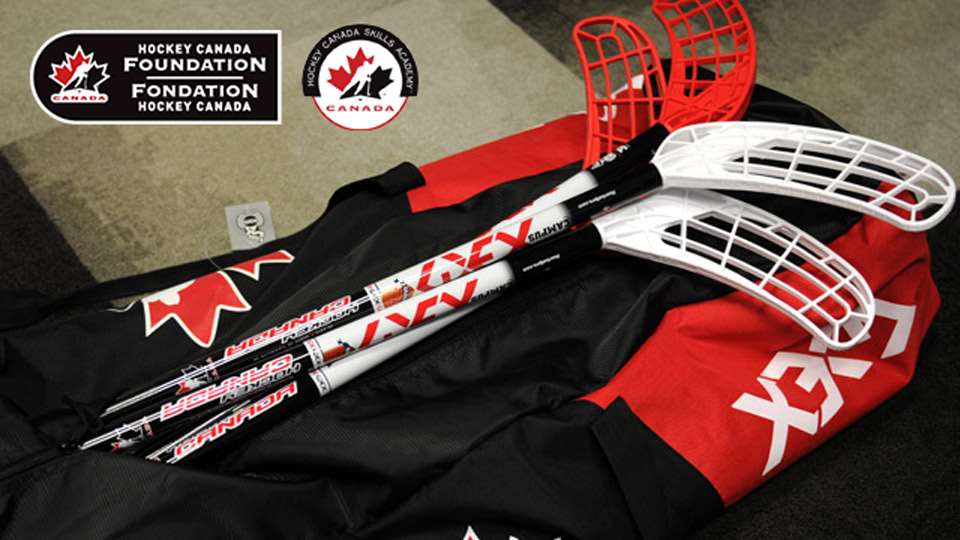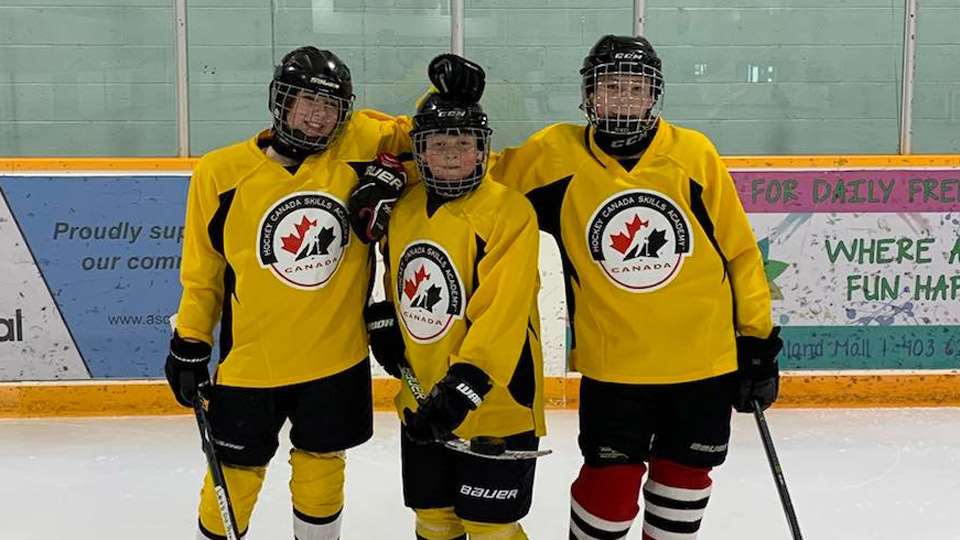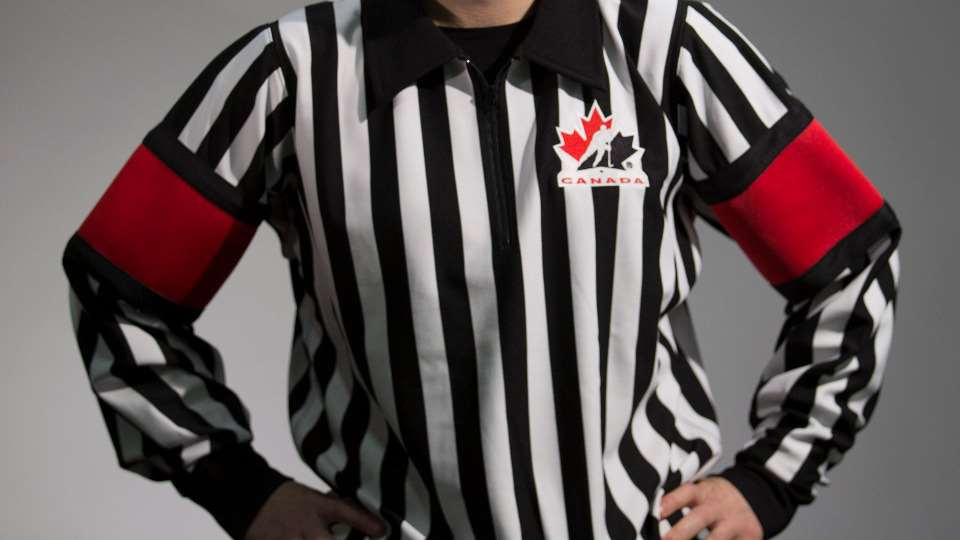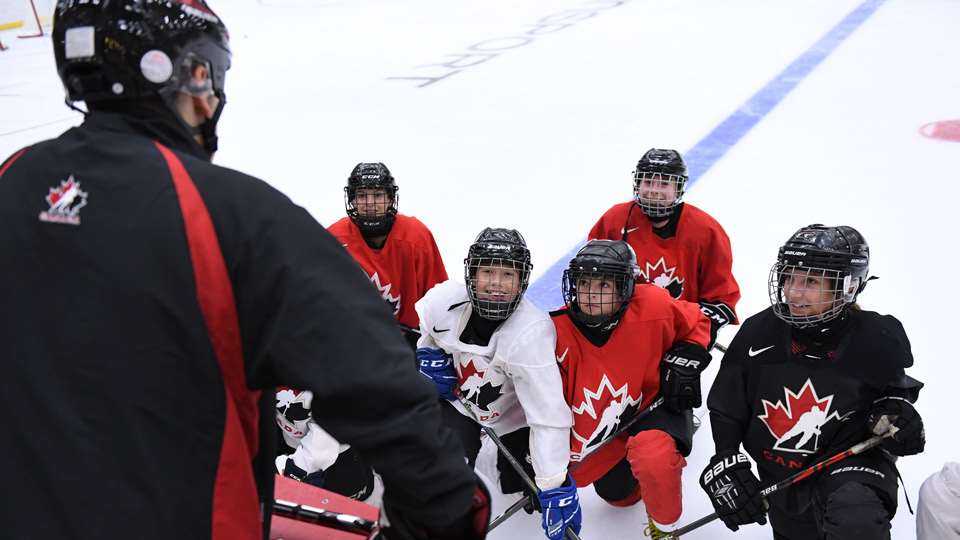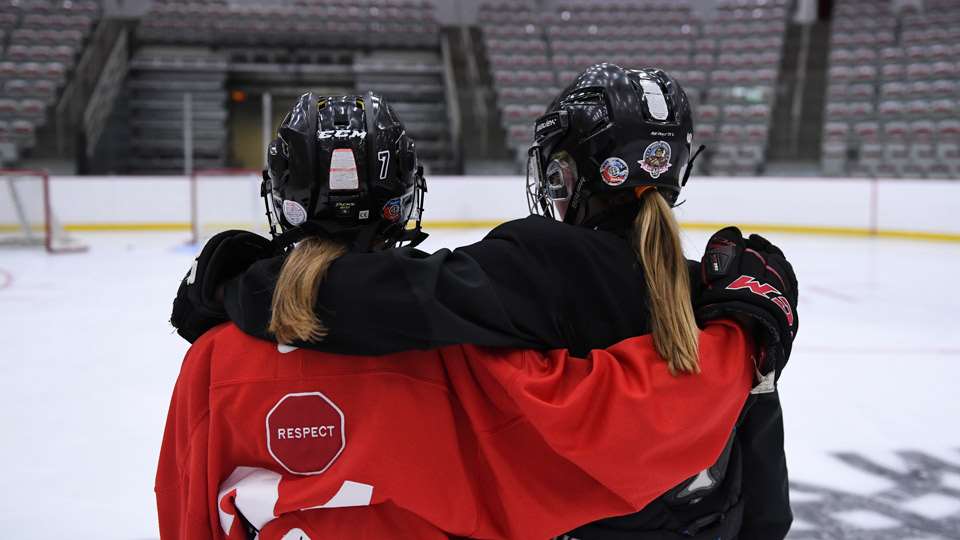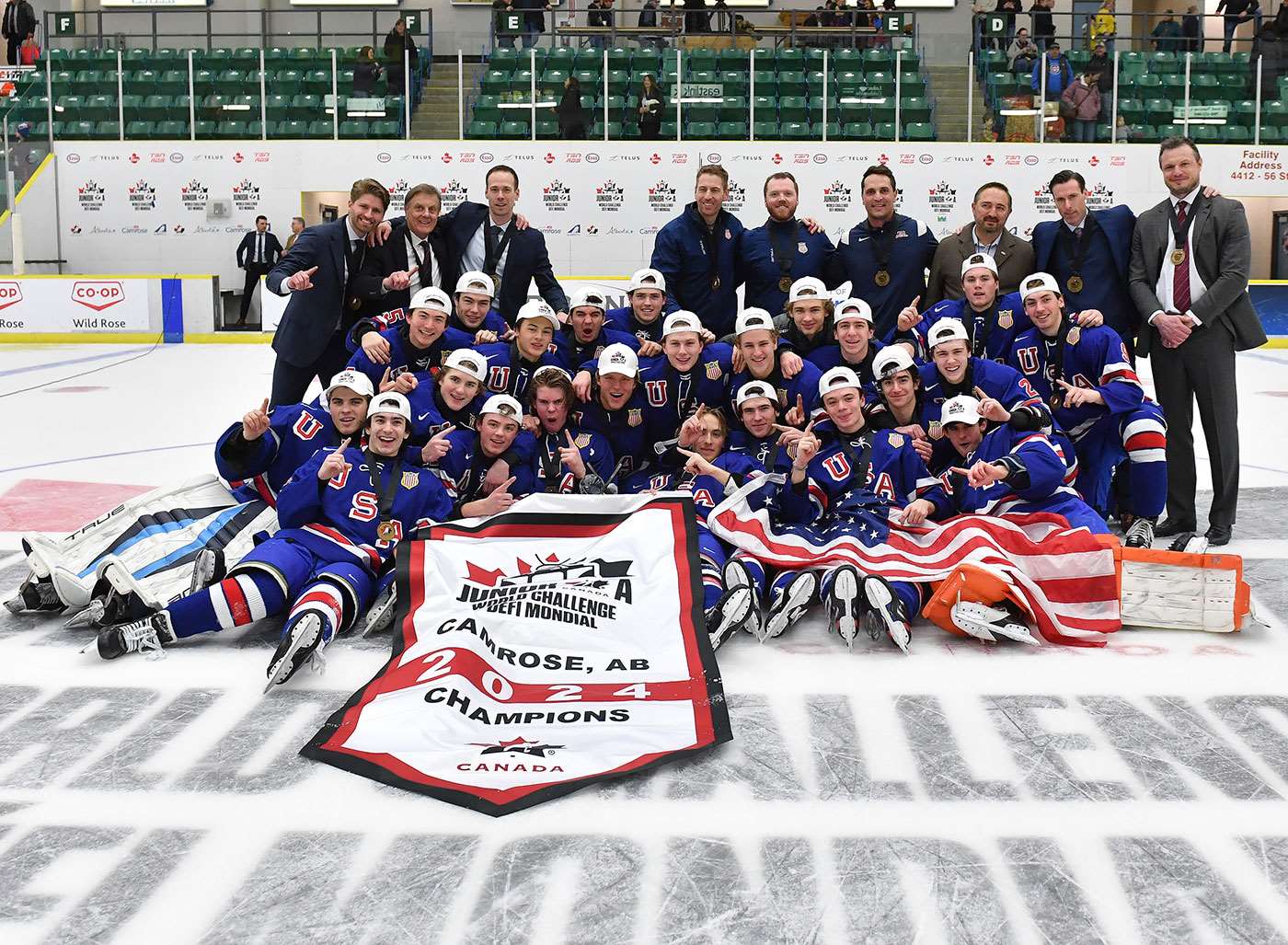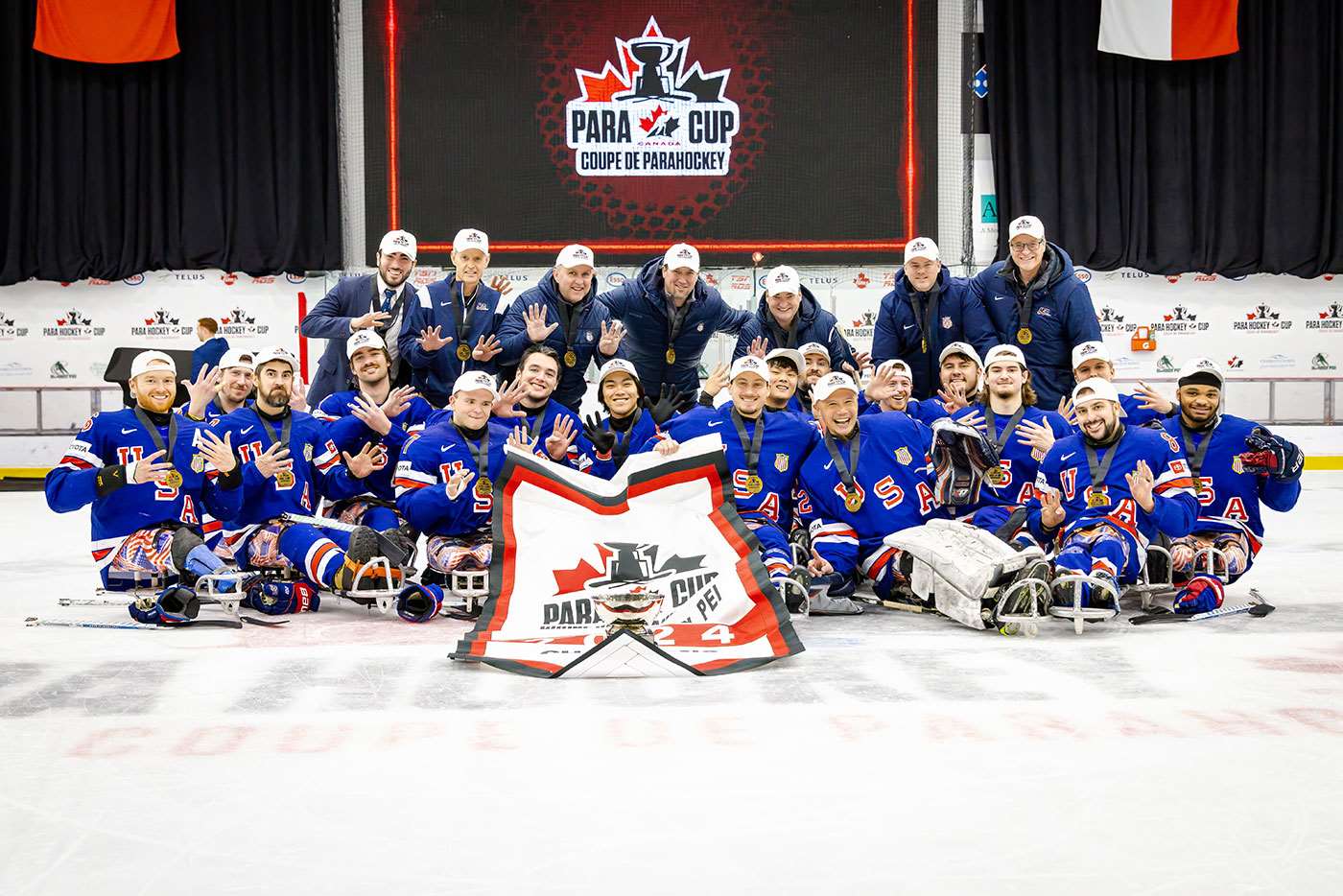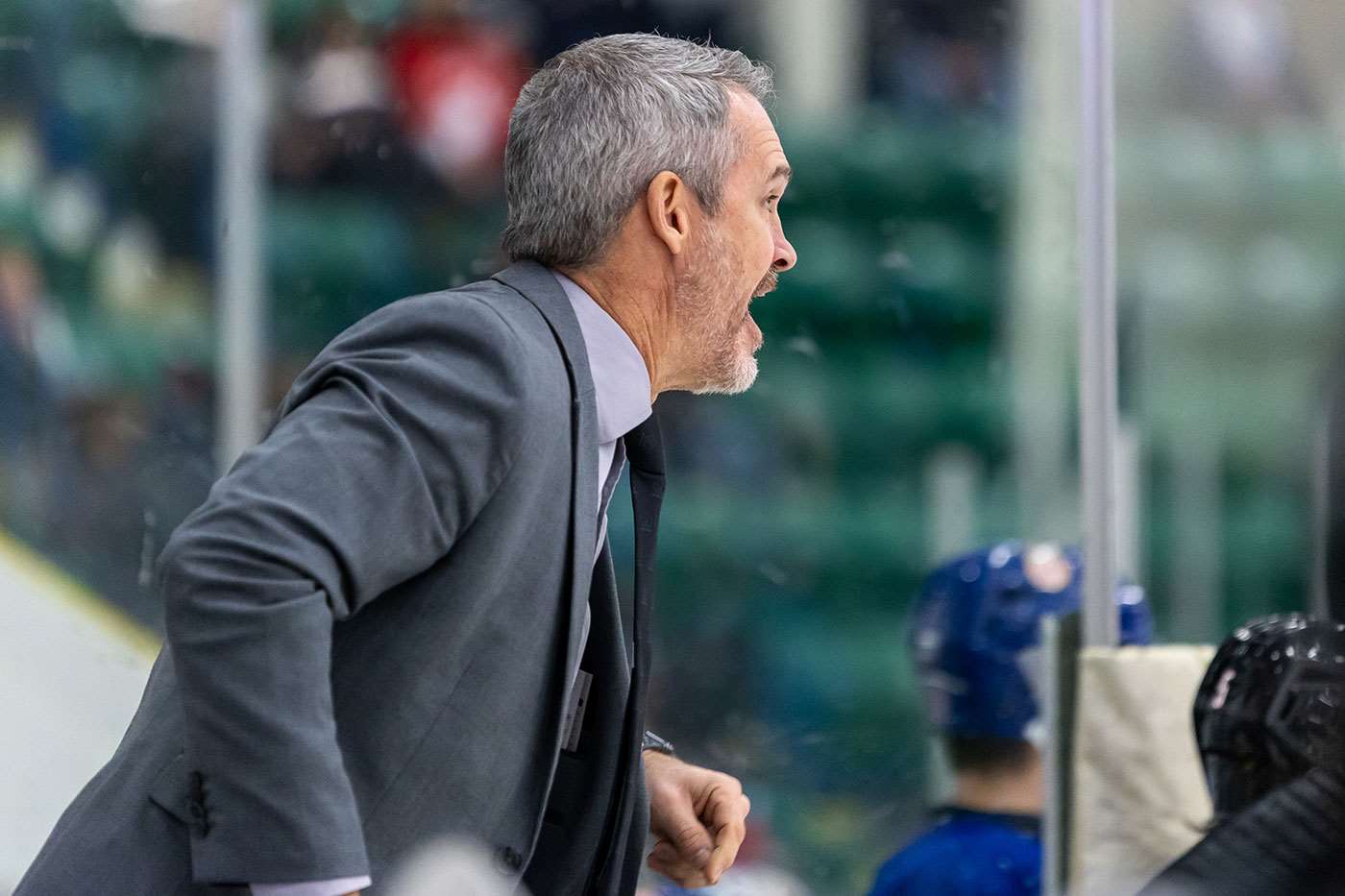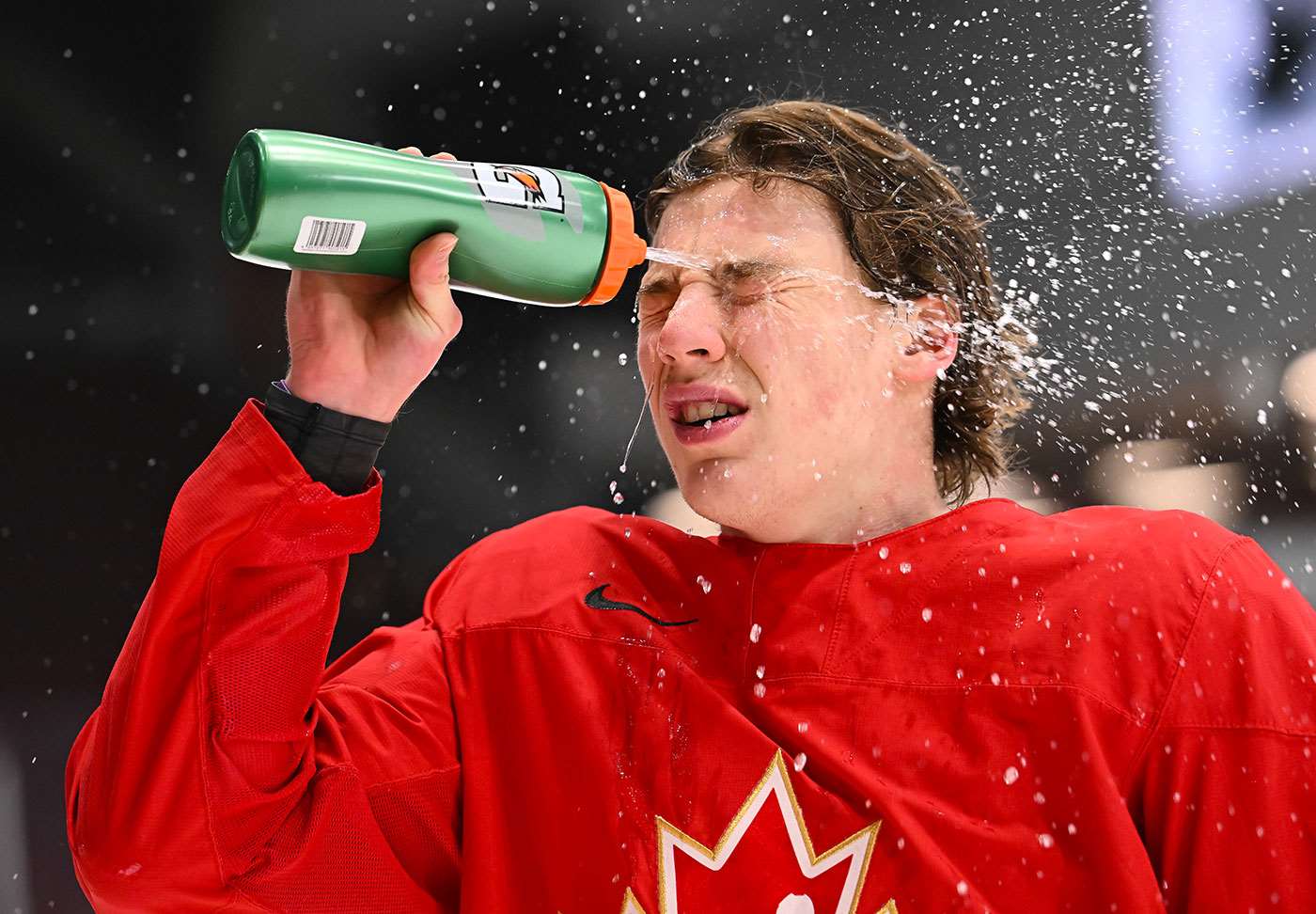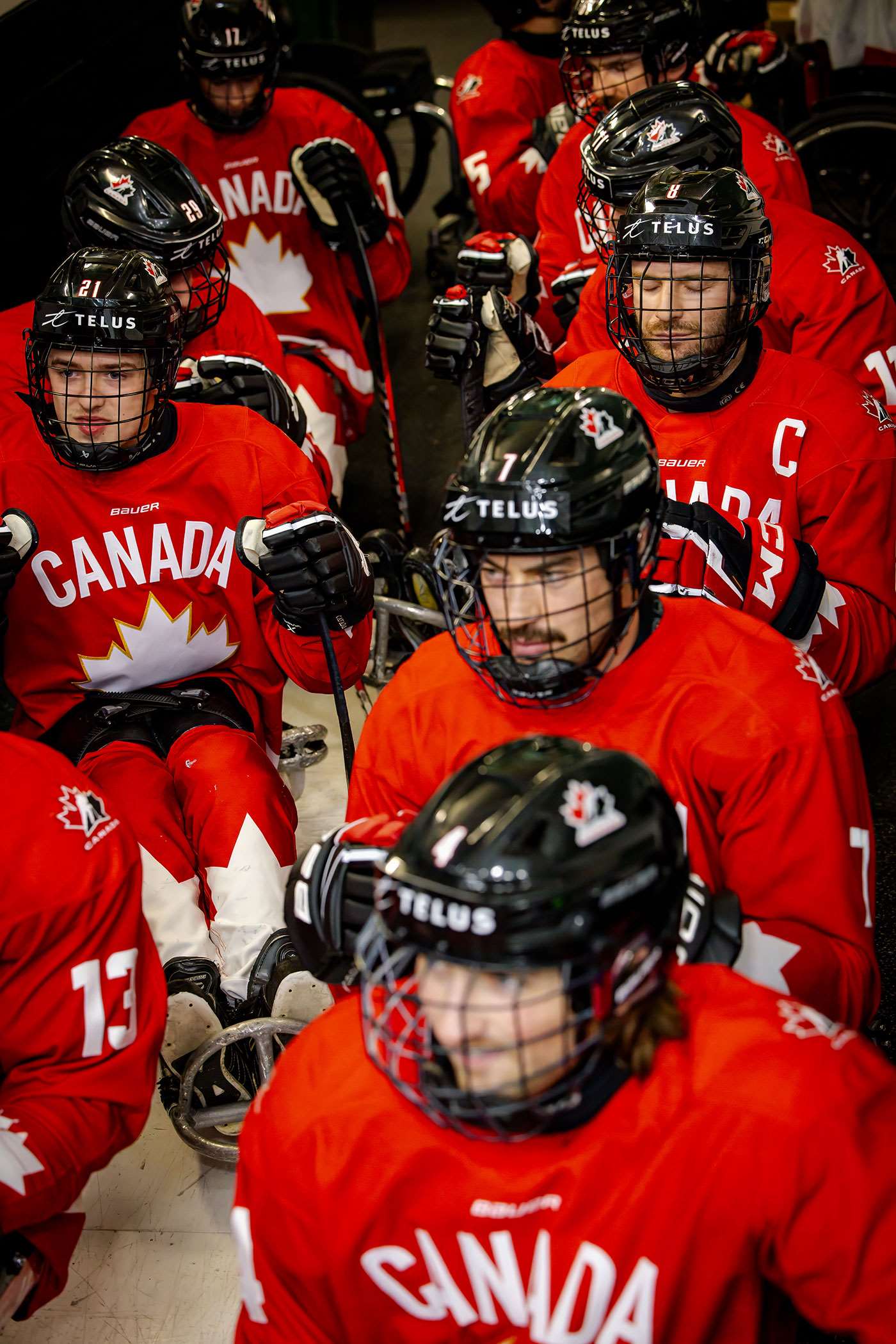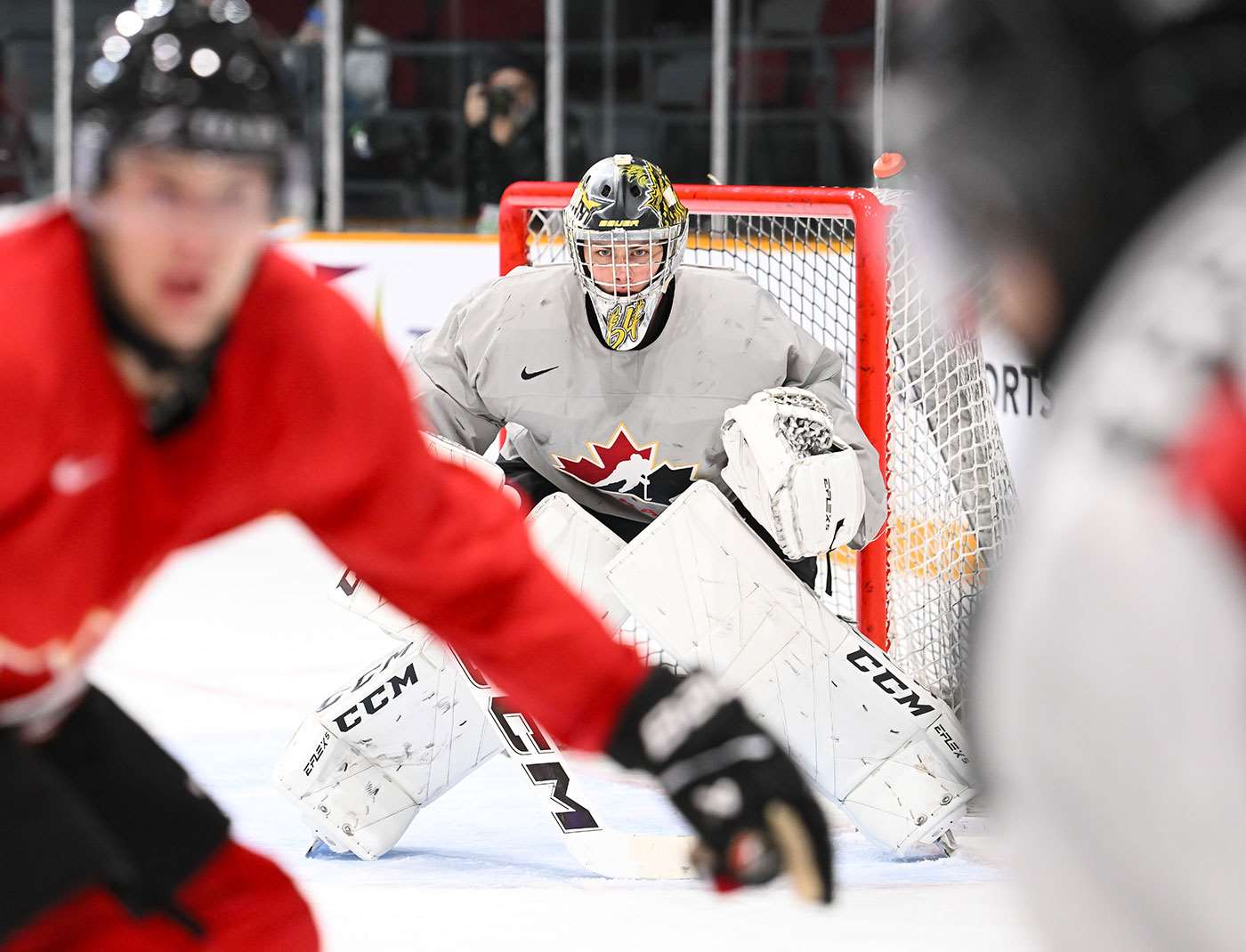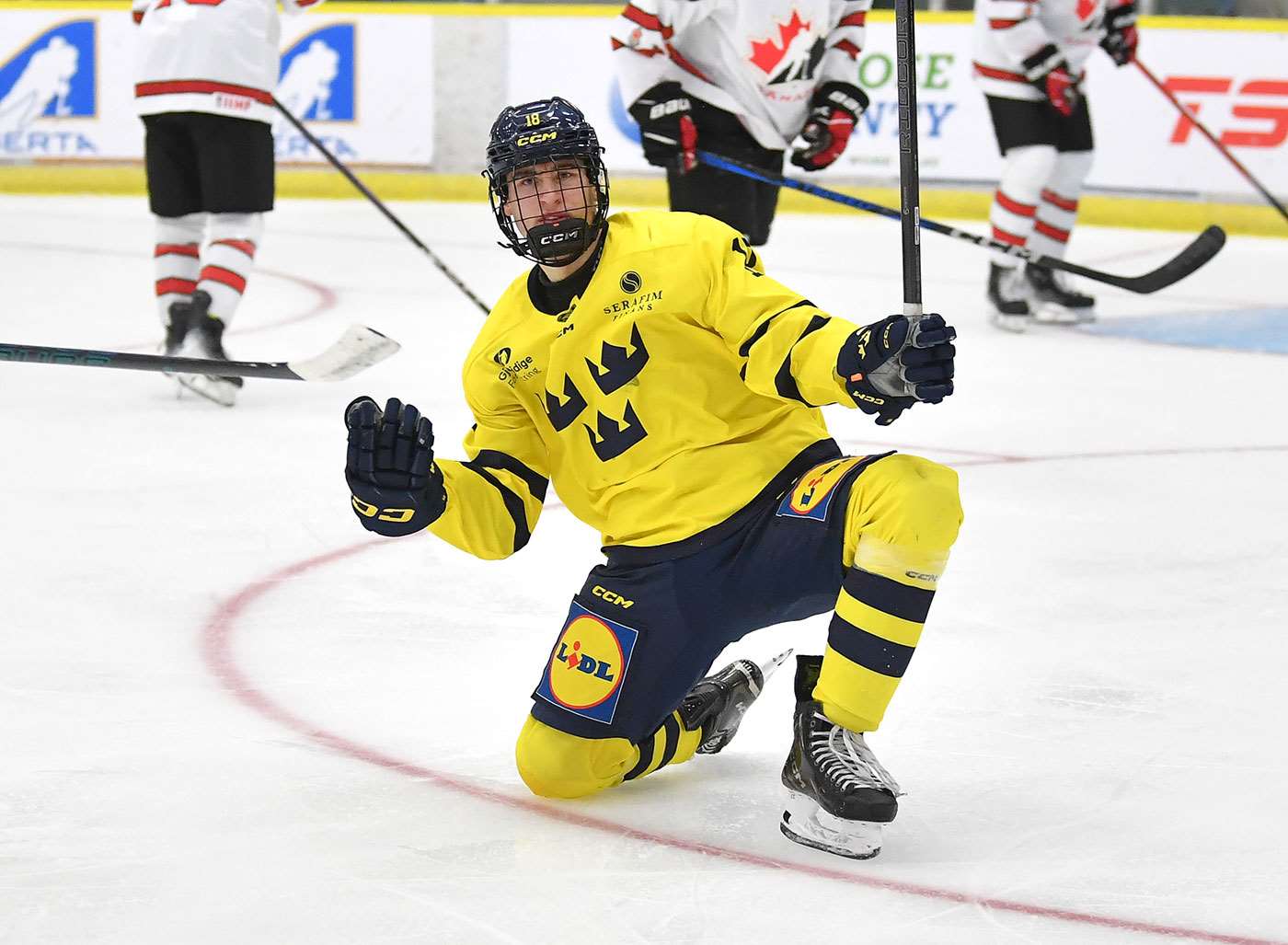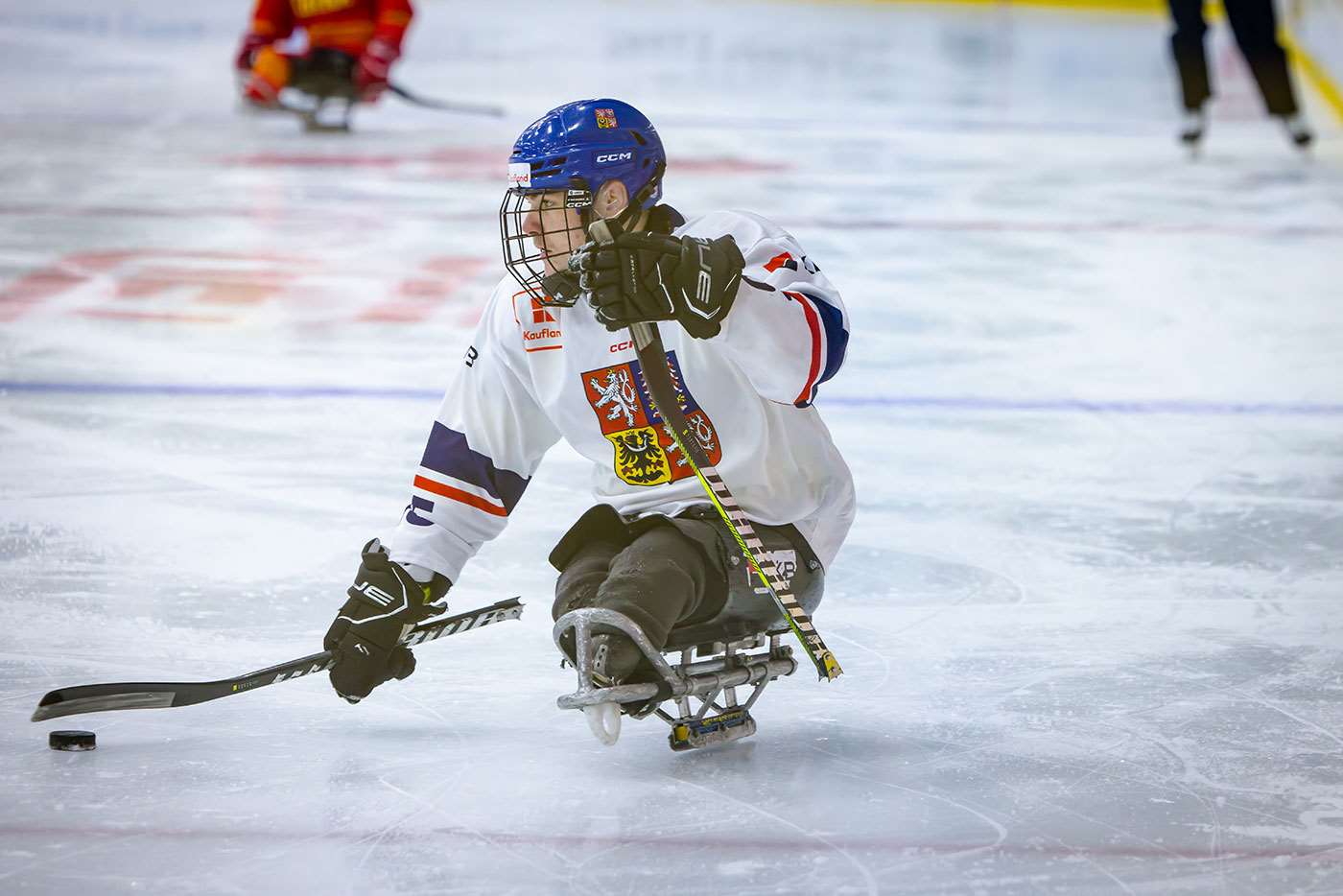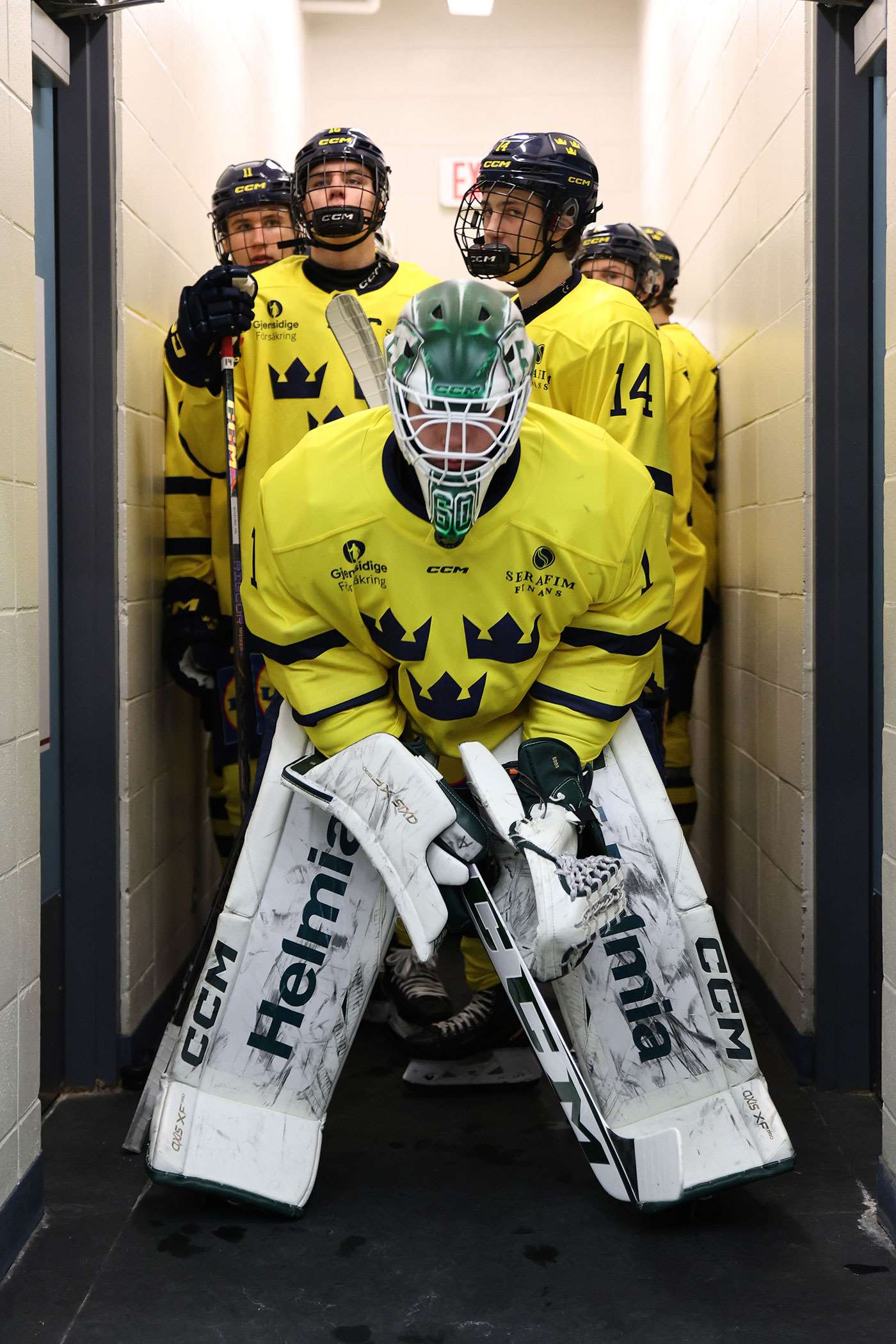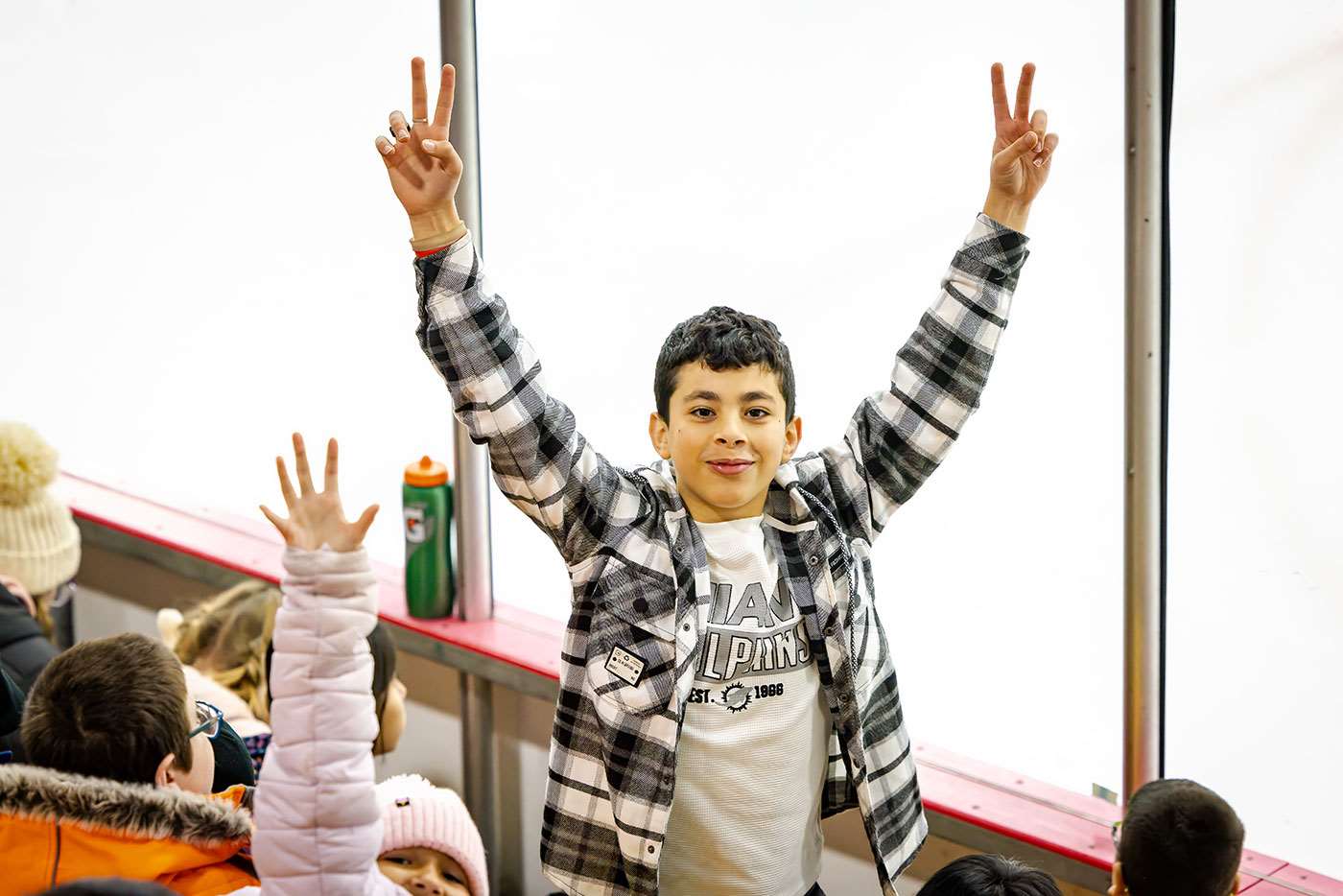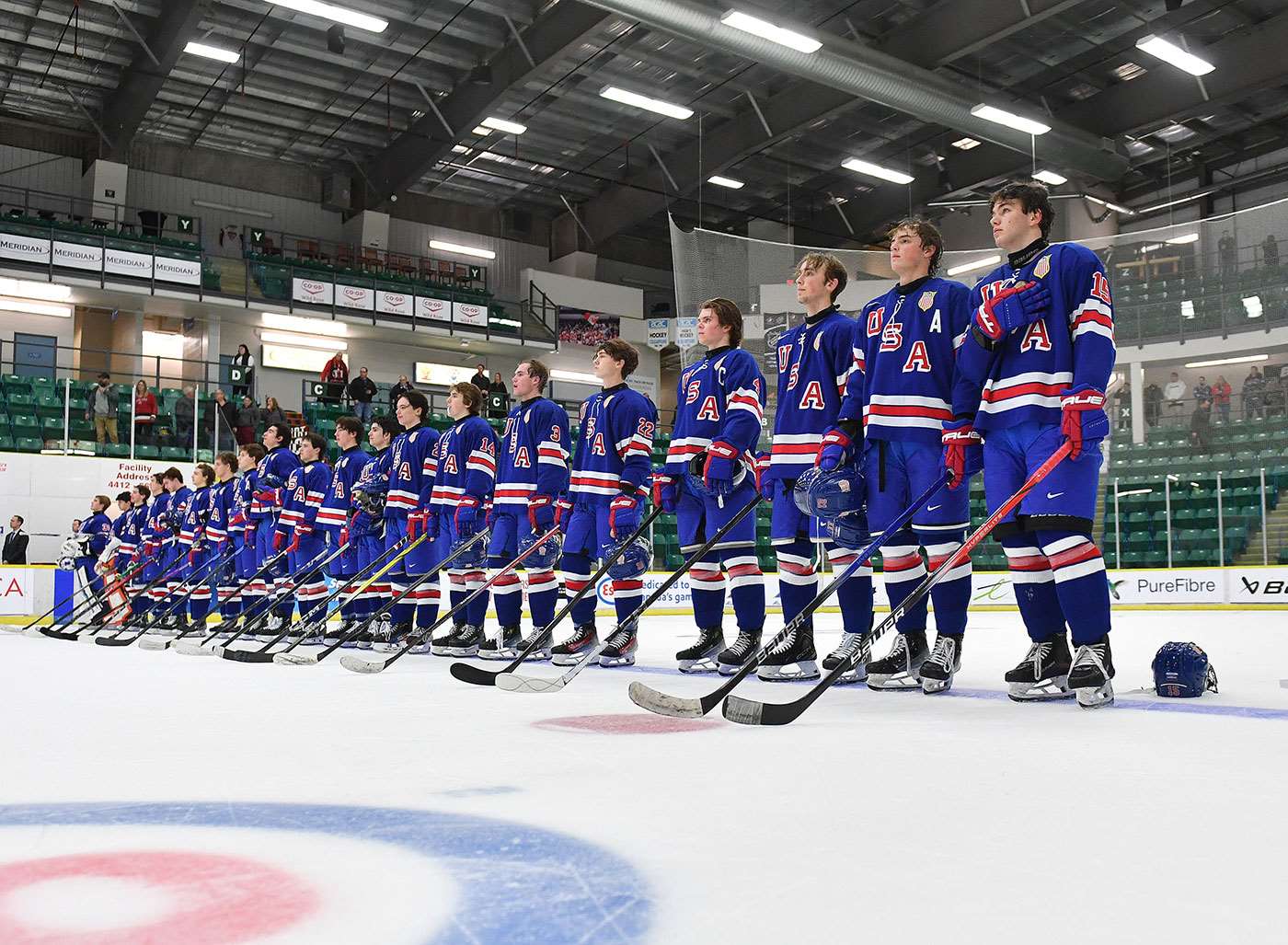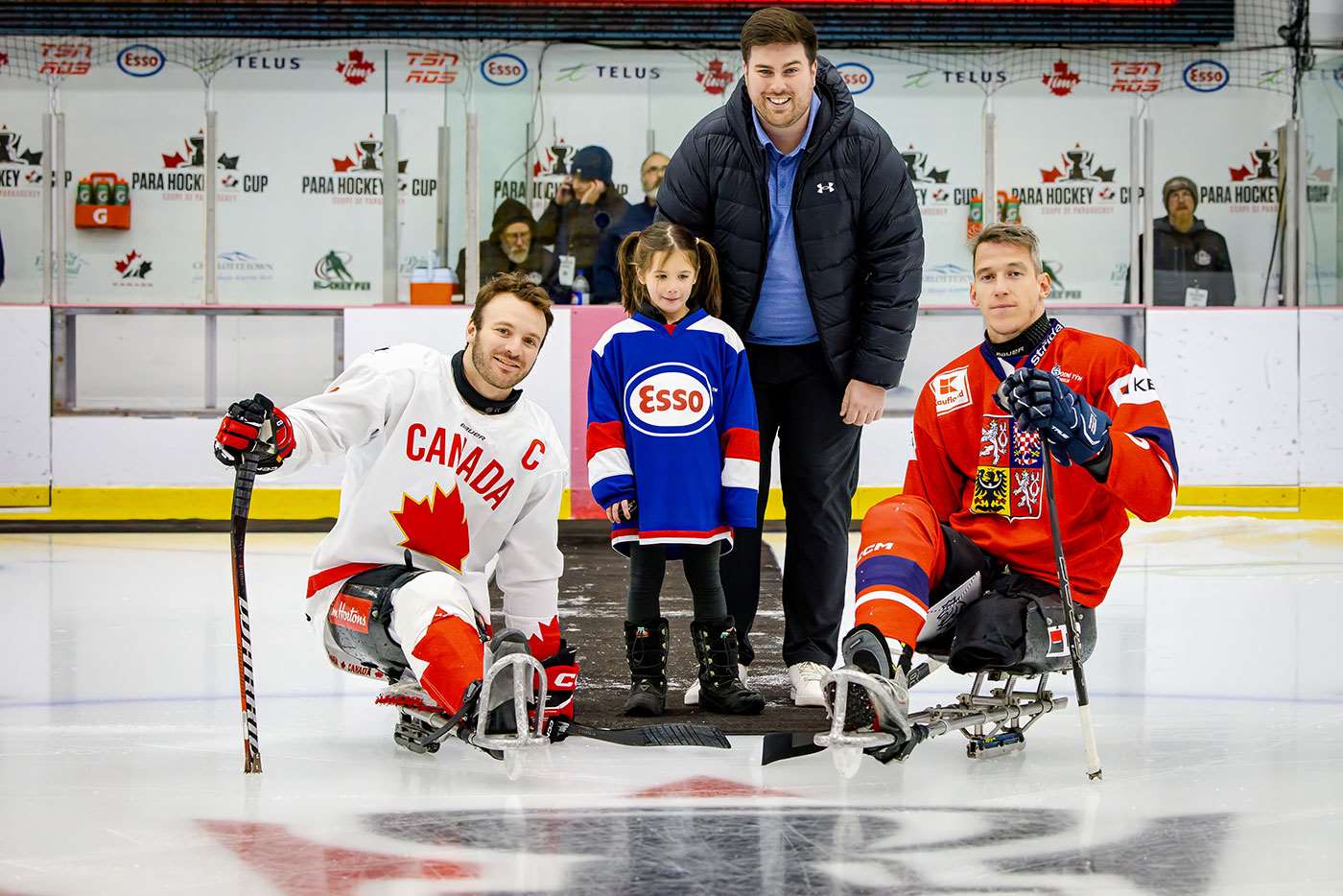
Schedule
Team Canada (Men)
IIHF World Junior Championship | Dec. 26, 2024-Jan. 5, 2025
Spengler Cup | Dec. 26-31, 2024
4 Nations Face-Off | Feb 12-20, 2025
IIHF U18 World Championship | April 23-May 3, 2025
IIHF World Championship | May 9-25, 2025
U17 World Challenge | Nov. 3-9, 2024
Hlinka Gretzky Cup | Aug. 5-10, 2024
Junior A World Challenge | Dec. 9-15, 2024
National Junior Team vs. USPORTS | Dec 12-13, 2024
Search
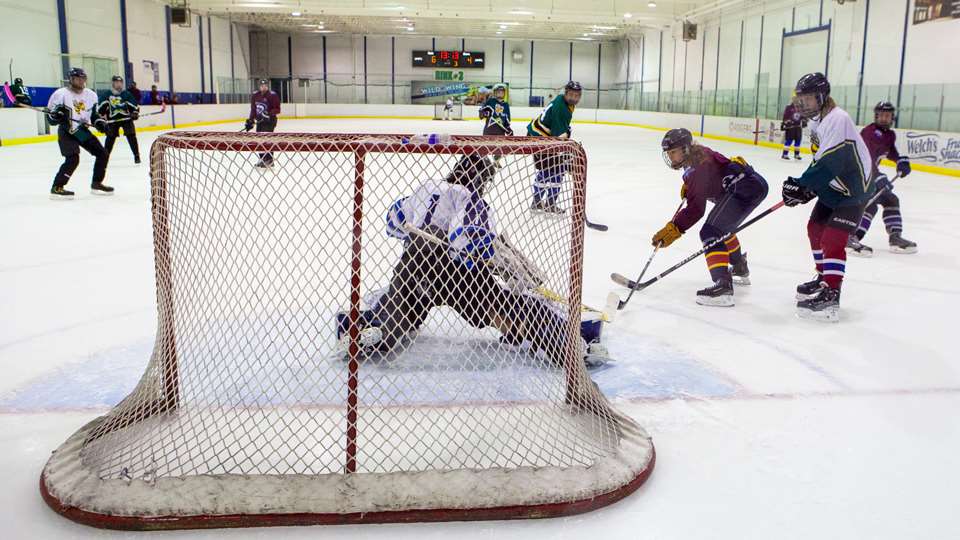
Embracing the ‘old normal’
With a return of normalcy across Canada, Hockey Canada Skills Academies were excited to get back to regular programming for students across the country

Throughout the 2021-22 school year, a return to normalcy grew across Canada – and with it a clear majority of Hockey Canada Skills Academy (HCSA) school programs had the greenlight to return to pre-2020 practices.
Jaydee-Lynn McDougall, who just completed her first year as an educator at Technical Vocational (Tec-Voc) High School in Winnipeg, Man., is thrilled her year as dance instructor, physical education teacher and HCSA lead was a journey with very few restrictions.
“Where I picked the program up, we were at a point in Manitoba where you no longer had to wear masks on the ice, so it worked out very well,” the 26-year-old says. “The last two years, they had not been on the ice even though they could sign up for the skills academy, so they have been missing that integral part. That’s why they signed up for the class, right? To be on the ice to improve their hockey skills.”
The school year in many ways represented a refreshing return to the ‘old normal’ that existed before COVID-19 entered public consciousness.
Greg Masterson, the supervisor of learning services with the Calgary Catholic School District (CCSD), concurs that the return to normalcy has been great.
“It has been wonderful for our students and our coaches to be back on the ice with no more restrictions,” he says. “You can tell there is a lot of excitement on the ice during the classes.”
Resumption of classic HCSA programming – two on-ice sessions, dryland training and classroom work per week for most academies – has once again spawned the benefits long associated with these programs since its institution during the 2000-01 school year: heightened academic performance.
“The Hockey Canada Skills Academies promote student wellness, and when students are feeling well, they are ready to learn,” says Masterson. “I noticed when I was a vice principal at how organized these students were away from rink and they demonstrated an appreciation of how privileged they are to have this opportunity to participate in the skills academy.”
McDougall said it was evident that the 20 Grade 10-12 HCSA students she mentored transferred their discipline and focus from the ice and gym into the classroom.
“I think the program really helped students become re-engaged in school and perhaps re-engaged in [life] in general,” McDougall says. “I had some students join the academy later in the year who were not doing well academically and after they joined in November they improved in their classwork, passed all their courses and are moving on to the next grade.”
The first-year teacher says she was heartened to see so many of her HCSA students actively participate in Tutor Friday hours at Tec-Voc. She’s observed the students approach this opportunity to dive into their academics with a similar rigor to their efforts to improve their edgework, puck-handling and shooting.
Inclusivity and accessibility are other celebrated hallmarks of the HSCA learning model. McDougall, who played Prep hockey at St. Mary’s Academy during her high school years, experienced these rewarding dimensions of the program during her rookie instructor year.
“It was really interesting coming into this program. I did not know what to expect in my first year,” she says. “I had students playing in a league outside of school and I also had a Grade 11 student who had never been on skates because of COVID-19. It was incredible to see the skill development there. The gap got smaller and smaller throughout the year because of the amount of times we were able to go on the ice and practice those skills.
“I think the students when they are together all year really get to know each other and accept each other. They were all helping one another develop their skills in the stages they needed. We had more split drills at the beginning of the year where we would do skill work on one side of the ice and challenges on the other side. By the end we had our practices all together.”
With another year in the books, there’s lots to look forward to in 2022-23. Both Masterson and McDougall expressed a keenness to further enhance accessibility and inclusivity with increased sledge hockey sessions for students. Until then, there’s lots to celebrate about the successes of the 2021-22 school year.
For more information: |
- <
- >

















